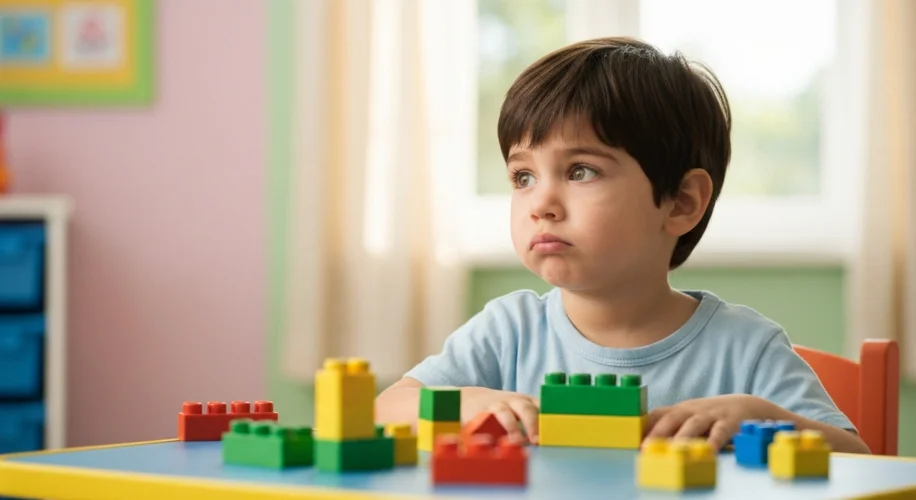ADHD Medication for Young Children: A Closer Look
Did you know that a recent study is raising questions about how quickly young children diagnosed with ADHD are being prescribed medication? It seems that in many cases, medication is being given before all other treatment options, like behavioral therapy, have been fully explored. This trend is particularly concerning when it comes to preschoolers, a very sensitive age group.
What the Study Found
An analysis of prescribing practices revealed that for children under six years old diagnosed with ADHD, medication is often the first line of defense. This is happening even though established guidelines often recommend starting with behavioral interventions. These interventions can include parent training, classroom management strategies, and direct behavioral therapy for the child.
Why the Concern?
For very young children, especially those in preschool, their brains and bodies are still developing rapidly. While ADHD medications can be effective, they also come with potential side effects. Rushing to medication without exhausting less invasive options might mean missing opportunities to help these children develop coping mechanisms and behavioral skills through proven therapies.
Behavioral therapies focus on teaching children, and their parents, strategies to manage symptoms like inattention, hyperactivity, and impulsivity. These approaches can help children learn to navigate social situations, improve focus in the classroom, and build positive relationships. They aim to address the root of behavioral challenges, not just mask the symptoms.
A Balanced Approach
It’s important to remember that ADHD is a complex condition, and treatment plans should always be individualized. For some children, medication might indeed be a necessary part of their treatment. However, this study suggests a need to ensure that behavioral approaches are given a fair chance first, especially for the youngest among us.
This approach emphasizes a partnership between parents, educators, and healthcare providers. By prioritizing evidence-based behavioral therapies, we can aim to provide young children with the most effective and developmentally appropriate support, setting them up for a healthier, more successful future.

